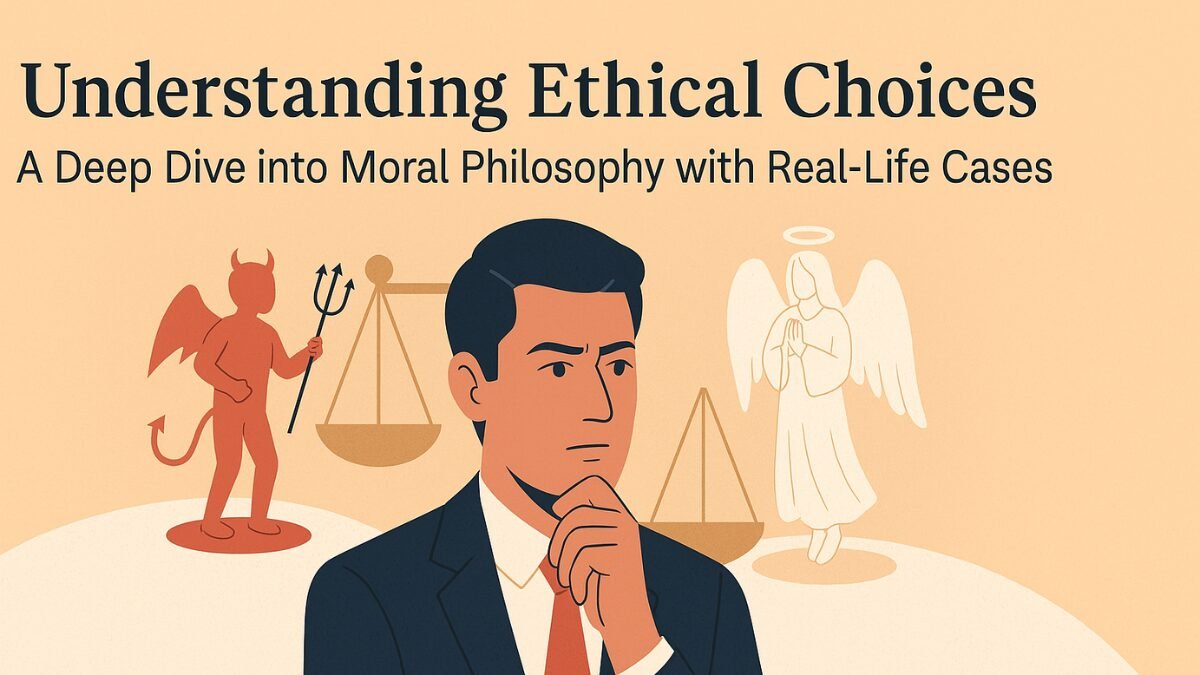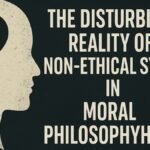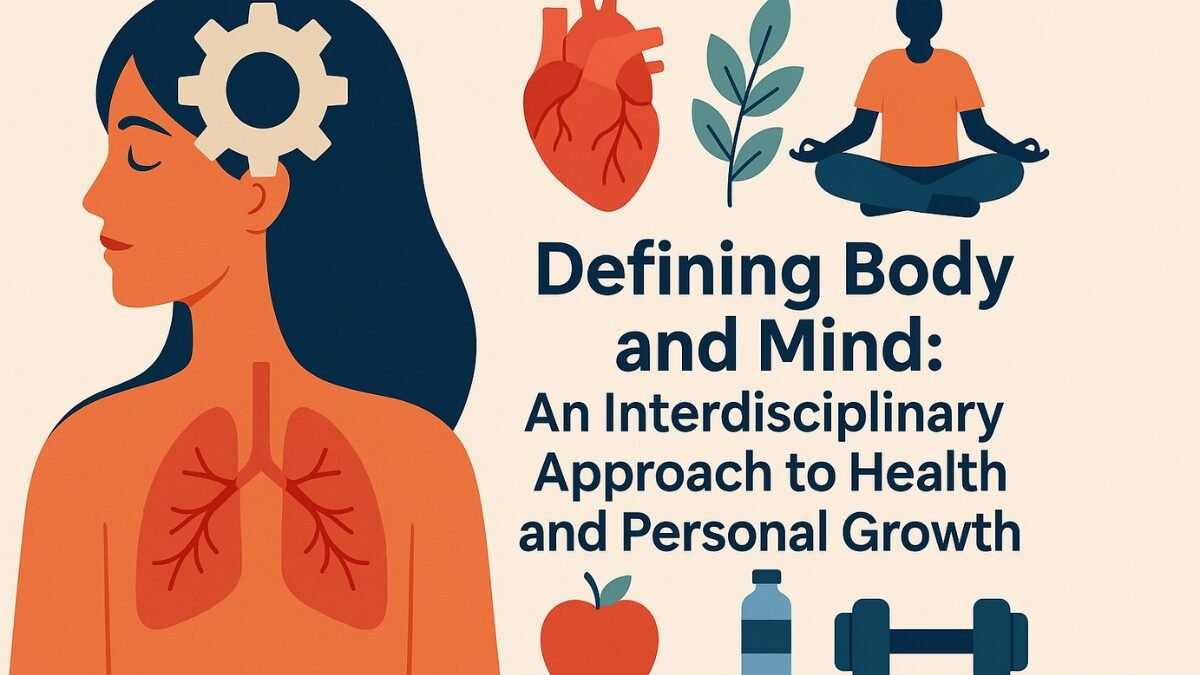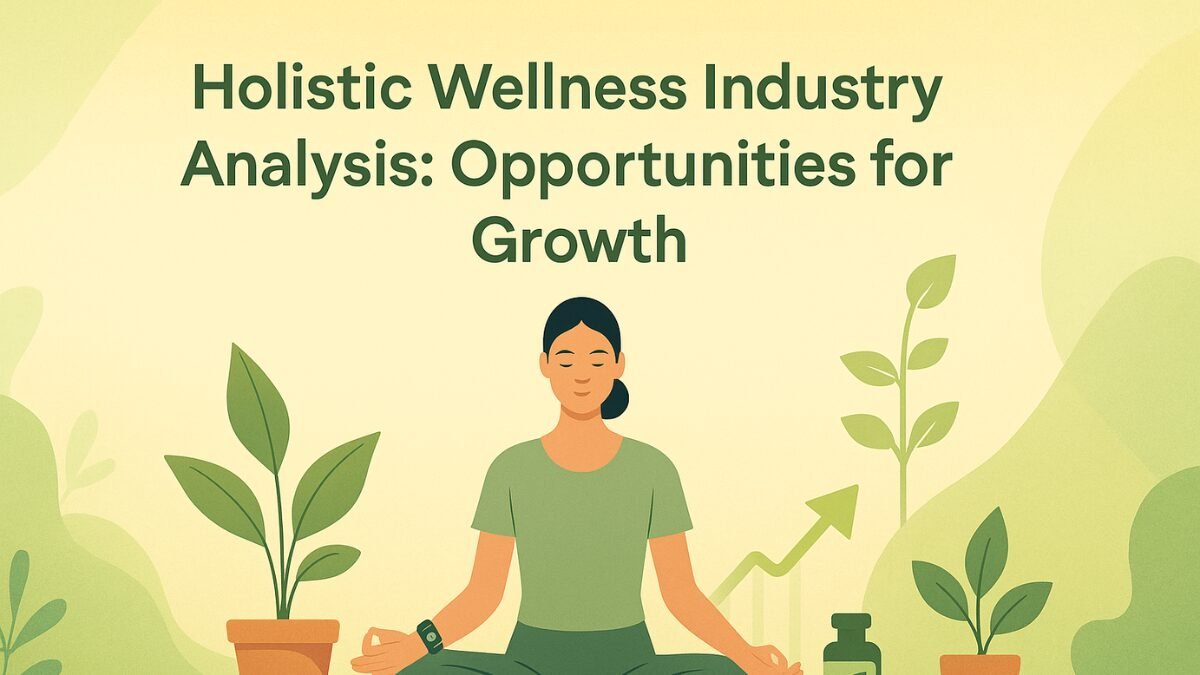Explore the complexities of ethical choices and moral philosophy through real-life cases. Learn how principles shape our decisions and understand real-world moral dilemmas.
Introduction
In our everyday lives, we constantly face decisions that require us to consider what’s right or wrong. Whether it’s choosing honesty over convenience or prioritizing fairness over self-interest, ethical choices shape our behavior and society at large. In this article, we will explore “Understanding Ethical Choices: A Deep Dive into Moral Philosophy with Real-Life Cases”, shedding light on how philosophical principles influence our decisions and how they are applied in real-world scenarios.
What Are Ethical Choices?
Defining Ethical Choices
Ethical choices are decisions that involve questions of morality—what is considered right, just, or virtuous. These choices often require balancing conflicting values such as honesty vs. loyalty, individual freedom vs. collective good, or compassion vs. justice.
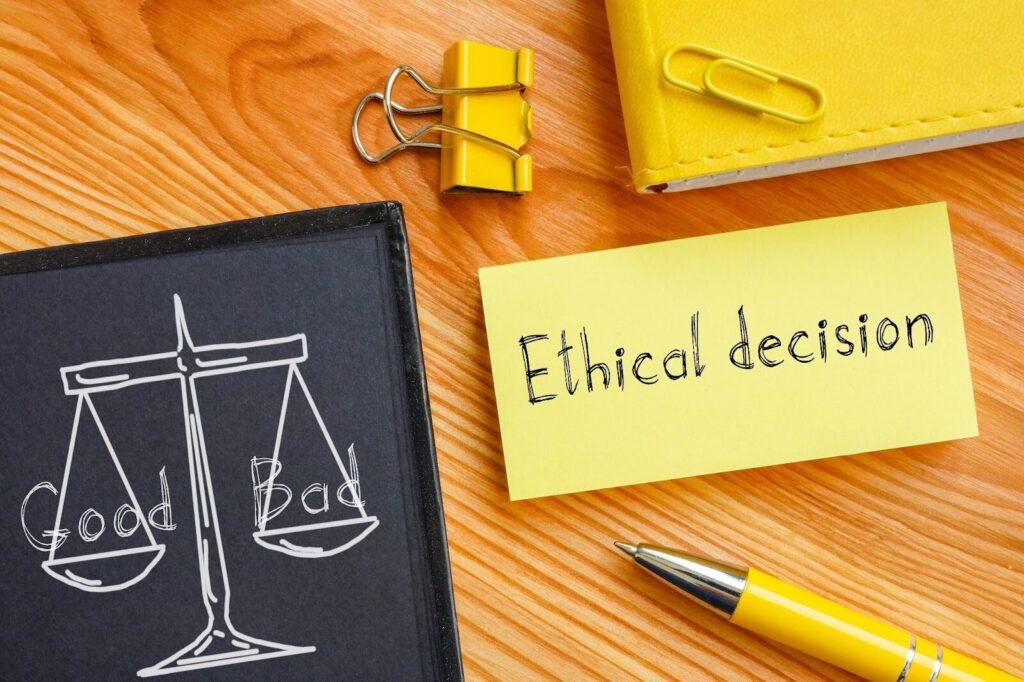
Ethics differs from laws or social norms. While laws are enforced by governments and norms are accepted behaviors in society, ethics dives deeper into universal moral principles. For instance, telling the truth is ethically right even if lying might benefit someone in the short term.
A Brief History of Moral Philosophy
Roots in Ancient Thought
Moral philosophy, or ethics, has been studied for centuries. Greek philosophers like Socrates, Plato, and Aristotle laid the foundation. Aristotle introduced the concept of virtue ethics, emphasizing character over rules.
Enlightenment Thinkers
Later philosophers like Immanuel Kant and John Stuart Mill offered different ethical theories. Kant’s deontological ethics focused on duty and universal moral laws, while Mill’s utilitarianism valued actions based on the greatest happiness for the greatest number.
Core Ethical Theories
To understand ethical choices, it’s essential to look at three primary ethical frameworks:
1. Deontology (Duty-Based Ethics)
This theory emphasizes rules and duties. According to deontologists, an action is right if it follows a moral law, regardless of the outcome. For example, lying is always wrong—even if it prevents harm.
2. Utilitarianism (Consequence-Based Ethics)
Utilitarianism focuses on outcomes. The morally right action is the one that maximizes well-being or happiness for the most people. This theory often applies in policy-making and economics.
3. Virtue Ethics (Character-Based Ethics)
Instead of rules or outcomes, virtue ethics emphasizes the moral character of the individual. A good person naturally makes good decisions. This framework values traits like honesty, courage, and compassion.
also read: Navigating Moral Gray Areas: Strategies for Ethical Decision-Making
Real-Life Cases of Ethical Dilemmas
Understanding moral philosophy becomes more practical when applied to real-life scenarios. Let’s explore several case studies where ethical choices had significant consequences.

Case Study 1: The Trolley Problem
A runaway trolley is heading toward five people tied on the tracks. You can pull a lever to switch the track, saving the five but killing one person on the alternate track. This famous thought experiment tests utilitarian vs. deontological ethics.
- Utilitarian response: Pull the lever to save five lives.
- Deontological response: Do not interfere; intentionally killing one is morally wrong.
Case Study 2: Whistleblowing in Corporations
Employees like Edward Snowden and Frances Haugen faced ethical dilemmas. They leaked confidential data believing it served the public good. Were their actions ethical?
- From a utilitarian view, the leaks helped society.
- From a deontological stance, breaking confidentiality was wrong.
Case Study 3: Medical Ethics – Euthanasia
Doctors sometimes face decisions where they must weigh relieving suffering against preserving life. In countries where euthanasia is legal, doctors assist terminally ill patients in dying with dignity.
- Virtue ethics may ask: Is this a compassionate act?
- Deontology might argue that taking life is always wrong.
Ethical Choices in Modern Society
Ethical decision-making isn’t limited to extreme cases. It plays a role in daily life and public policy.
Technology and Privacy
Tech companies collect vast user data. Balancing innovation with user privacy raises ethical questions:
| Ethical Concern | Deontological View | Utilitarian View |
|---|---|---|
| Data Collection | Violates privacy rights | Enables better services |
| Targeted Advertising | Manipulative | Improves user experience |
Climate Change
Governments and corporations must decide how much to invest in sustainability. Should they prioritize long-term benefits or immediate profits?
Understanding ethical choices here is crucial for ensuring environmental justice.
The Role of Cultural and Social Contexts
Moral philosophy is not one-size-fits-all. Ethics can be influenced by culture, religion, and social norms.
Cultural Relativism
What is ethical in one culture may not be in another. For example, arranged marriages are traditional in some cultures and seen as restrictive in others.
This raises an important question: Can ethical choices be truly universal?
Making Ethical Decisions: A Practical Approach
While moral theories help, real-life decisions are complex. Here’s a simplified approach to ethical decision-making:
- Recognize the Ethical Issue – Is someone’s well-being or rights at stake?
- Gather Information – Understand all facts and stakeholders involved.
- Evaluate Alternatives – Use ethical theories to assess each option.
- Make a Decision – Choose the option that aligns with your ethical principles.
- Act and Reflect – Carry out the decision and learn from the outcome.
Why Ethical Literacy Matters
Ethical literacy—the ability to analyze and resolve moral problems—is essential in:
- Leadership and governance
- Business ethics and corporate responsibility
- Healthcare and education
- Journalism and media
- Personal relationships
By understanding ethical choices, individuals become better decision-makers and more responsible citizens.
Table: Summary of Key Ethical Theories
| Ethical Theory | Key Focus | Leading Philosopher | Example Scenario |
|---|---|---|---|
| Deontology | Duty, Rules | Immanuel Kant | Never lie, even to protect someone |
| Utilitarianism | Outcome, Utility | John Stuart Mill | Save the most lives possible |
| Virtue Ethics | Character Traits | Aristotle | Be honest and courageous |
FAQs on Ethical Choices and Moral Philosophy
1. What is the difference between ethics and morals?
Morals are personal beliefs about right and wrong, while ethics are systematic rules or philosophies applied to decision-making.
2. Can ethical choices change over time?
Yes, as society evolves, so do perceptions of what is ethical, especially with technology and global issues.
3. How do emotions affect ethical decisions?
Emotions can both aid and cloud judgment. Empathy helps us understand others, but anger or fear might lead to biased decisions.
4. Are all legal actions ethical?
Not always. For example, slavery was once legal but never ethical by today’s standards.
5. Is it possible to always make the ethical choice?
In complex situations, compromises may be necessary. Ethical frameworks help minimize harm and clarify values.
6. How does religion influence moral philosophy?
Religious ethics often offer a set of moral commandments, influencing ethical behavior in cultures and individuals.
7. What are ethical blind spots?
These are unconscious biases or justifications that allow unethical behavior to go unnoticed or unchallenged.
8. Why is ethical training important in the workplace?
It fosters accountability, fairness, and trust among employees and stakeholders.
9. Do ethical choices differ across professions?
Yes, each field has its own ethical codes—for example, medical ethics, journalism ethics, and legal ethics.
10. How can one improve ethical decision-making?
By learning ethical theories, reflecting on past decisions, and engaging in open dialogue about moral dilemmas.
Conclusion
Understanding ethical choices is not just an academic exercise—it’s a lifelong journey that affects personal, professional, and societal well-being. By diving into moral philosophy and exploring real-life cases, we uncover the profound influence of values, rules, and character in our decision-making process.
Whether faced with a life-changing decision or a daily moral conflict, being ethically aware helps navigate life with integrity and purpose. As society becomes more interconnected and complex, nurturing ethical understanding becomes more important than ever.




